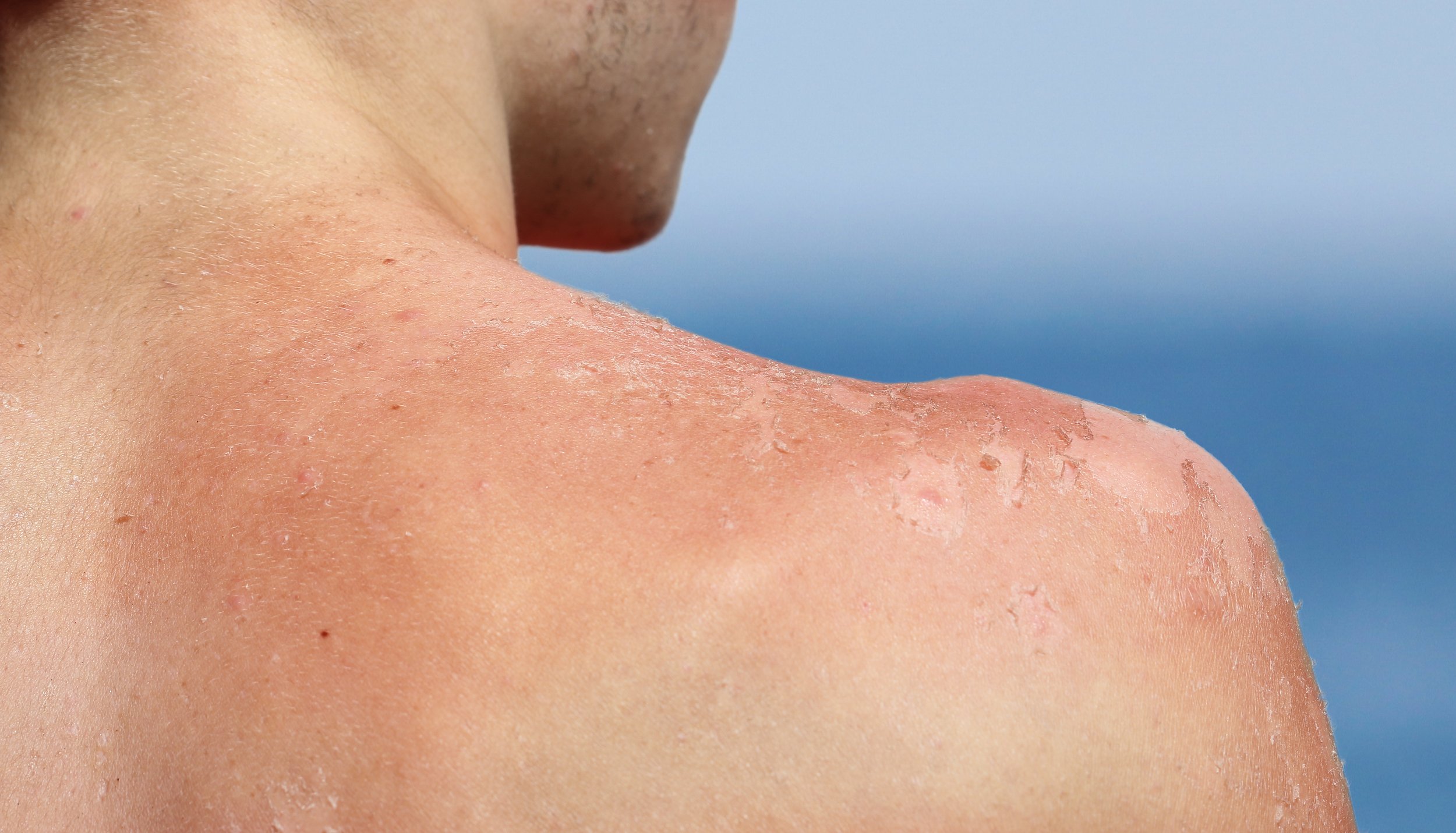
Frequently asked questions
What is a Skin Check?
This is a routine and thorough check of your skin from head to toe (excluding intimate areas unless requested).
The skin and all the spots identified will be examined by the doctor with dermoscopic assistance and magnification onto a large screen.
Lesions may be dermoscopically photographed for future comparison and/or further treatment may be recommended.
Who should have a Skin Check?
The Cancer Council of Australia recommends that everyone should be aware of their own skin and see a doctor who is experienced with skin cancer if there are any changes to the spots on their body.
We recommend that anyone with a history of sun exposure, fair skin, a family history of skin cancer, or numerous moles should consider regular skin cancer checks. It's also recommended for those who notice any changes in their skin or have had skin cancer in the past.
Do you Bulk Bill?
We currently bulk bill all skin checks and spot checks for pensioners. Concession card holders have a discounted fee.
Is a Skin Check painful?
No, a skin cancer check is typically painless. The doctor may press gently on your skin to examine moles, but this shouldn't cause discomfort.
How often should I have Skin Check?
The frequency of skin cancer checks depends on your individual risk factors. Generally, most people should have an annual check; people at higher risk will need one more frequently; whilst others at lower risk may be advised to have checks less frequently.
How should I prepare for my Skin Check?
You can prepare by making a note of any spots or moles you're concerned about, including when you first noticed them and any changes you've observed.
We recommend you wear comfortable, loose clothing that can be easily removed. We will need to examine your skin carefully down to your underwear, including your feet. We will also be able to examine your facial skin more easily if there is no makeup.
What should I do if I notice a mole that is changing?
If you notice any changes in a mole or spot, such as size, shape, color, or if it becomes itchy or starts bleeding, it's important to schedule a Skin Check promptly.
Do I need to come back for removal of sutures?
After your procedure, we usually prefer to remove our own sutures as we can manage any wound complications and discuss histopathology results at the same time. Please advise us if you would prefer to return to your regular GP for removal of sutures. This way we can arrange followup of your histopathology results in an alternative way.
Do you charge a non attendance fee?
If you are unable to attend your appointment, please give us at least 2 hours notice otherwise you may be charged a $50 non attendance fee.
What are the common types of Skin Cancer?
The main types of skin cancer include melanoma, basal cell carcinoma (BCC), and squamous cell carcinoma (SCC). Melanoma is the most serious type and can spread quickly if not detected early.
What should I do to protect myself from developing Skin Cancer?
Protect your skin by wearing sunscreen (SPF 30 or higher), protective clothing, hats, and sunglasses. Avoid prolonged sun exposure, especially during peak UV hours (10 AM to 4 PM). More info at the Cancer Council. In addition there is growing evidence that taking nicotinamide as a dietary supplement may prevent the formation of skin cancers.
